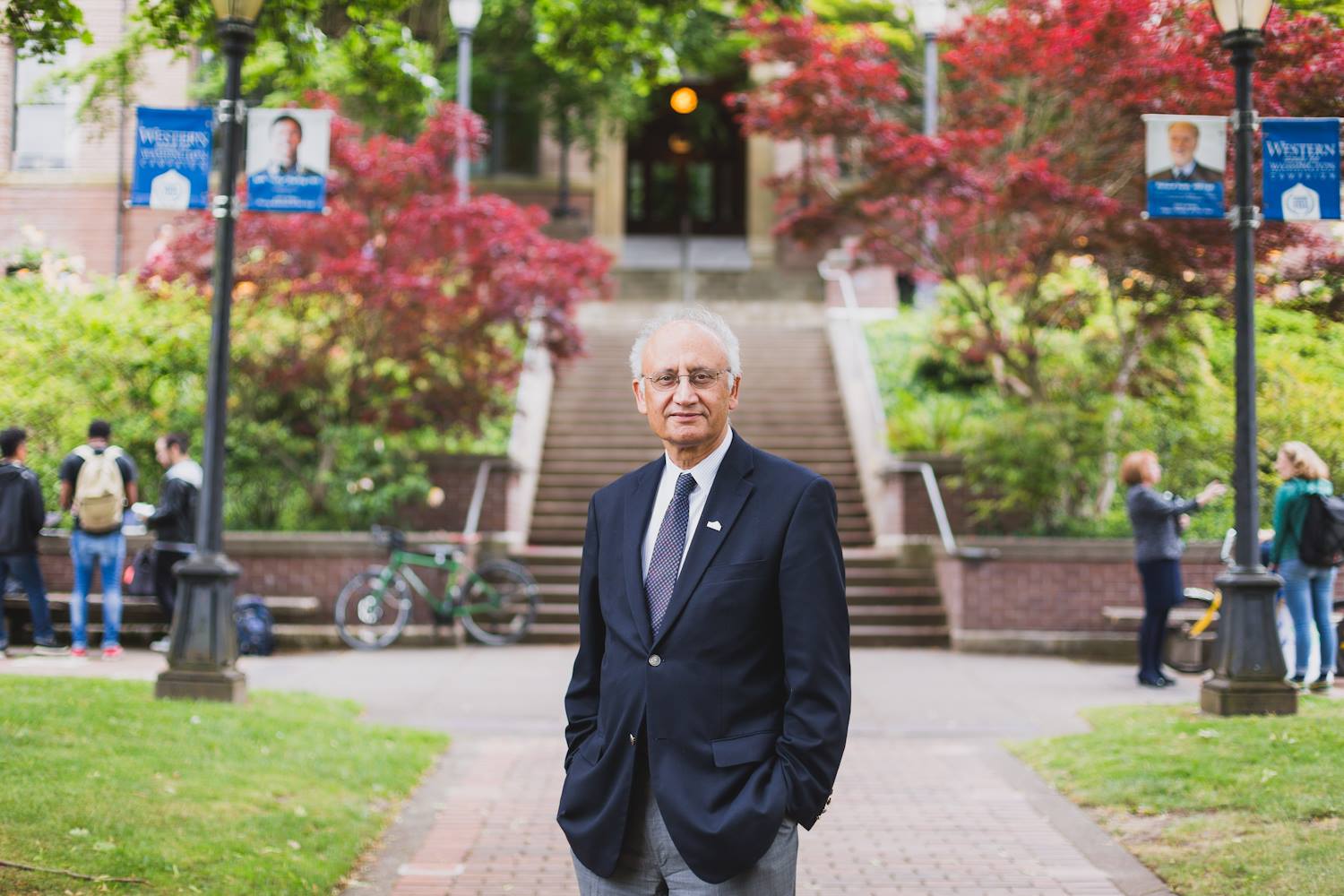By now, we have all read countless reports of the intertwined nature of the COVID-19 pandemic and the civil unrest related to racial inequities. Will this moment of unprecedented upheaval finally jolt us out of complacency and into action?
Data tells us that people at the lower end of the socioeconomic scale have higher unemployment rates, tend to have lower-paying jobs, and earn fewer college degrees than their higher socioeconomic counterparts. At a time when the majority of new and future jobs will require postsecondary education and training, our country is going through a profound demographic shift toward a more diverse population.
Providing education and economic opportunities for diverse and lowincome groups is not only the morally responsible thing to do, it is in the best interest of our country’s economic future. We simply must make permanent and sustained change toward a more equitable and just system for all. But how?
We need larger investments in education throughout PreK-16. Much of the burden for a college education falls on the backs of families, and many students have accumulated a staggering amount of debt to make this dream come true. We must de-emphasize loans and support more scholarships and grant funding for students in need. In addition, PreK-12 financial support is often contingent on the wealth of the communities in which these students reside, creating an unequal educational experience from the get-go. Larger investments in education from PreK-16 will pay future dividends.
We need to invest in the infrastructure surrounding students and their families. Even before the pandemic, students with limited technology access lagged behind their peers. Federal and state policymakers, philanthropists, and internet providers can mitigate the negative effects of distance learning by targeting community-level investments in rural and urban areas alike.
We need to rethink standardized curriculum and college admissions via aptitude testing. While we have fiddled with the specific content of high school lesson plans, the sequence of courses taught in high school has essentially remained the same for more than 100 years, even while a fourth industrial revolution is underway. And when the SAT was adapted from a U.S. Army intelligence exam in 1926, the exam’s focus on the ability to chunk and sequence information quickly was useful in hierarchical organizations. But these aren’t the most essential skills in today’s workplace, where productivity and innovation are more likely determined by empathy, creative team-based problem solving, and social cognition.
With all the challenges coming at us these days it is tempting to let these next few months define our expectations far into the future. But there will be a post-COVID world, and what it will look like depends on our actions now. At Western, we are resolute and united in finding solutions to these problems. I hope you will join us.
